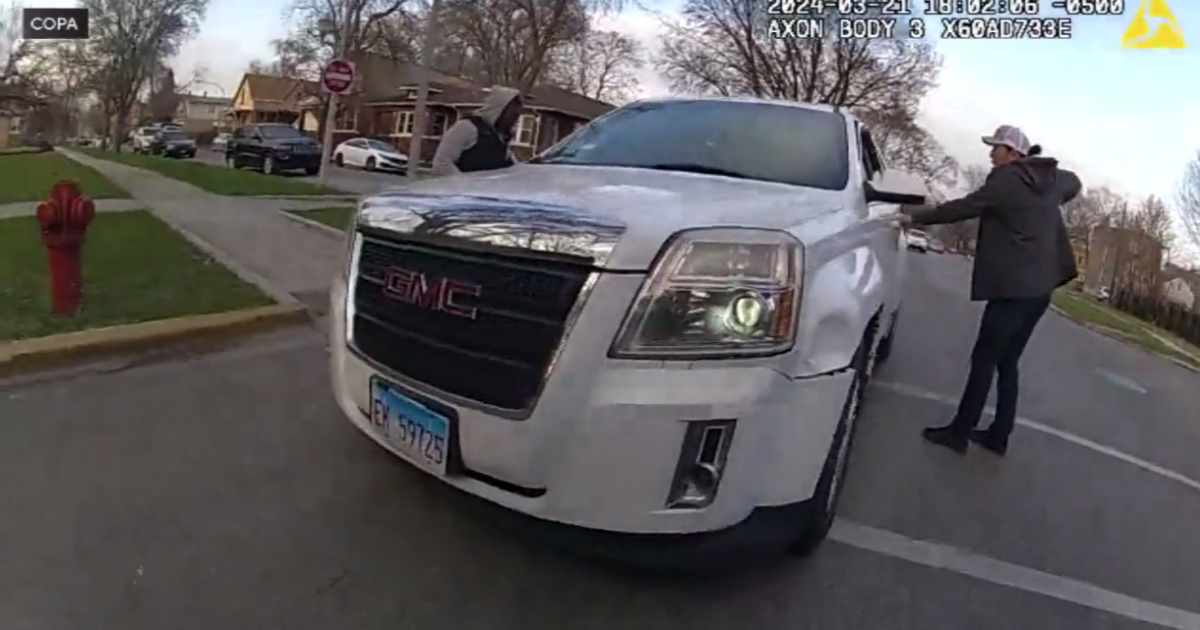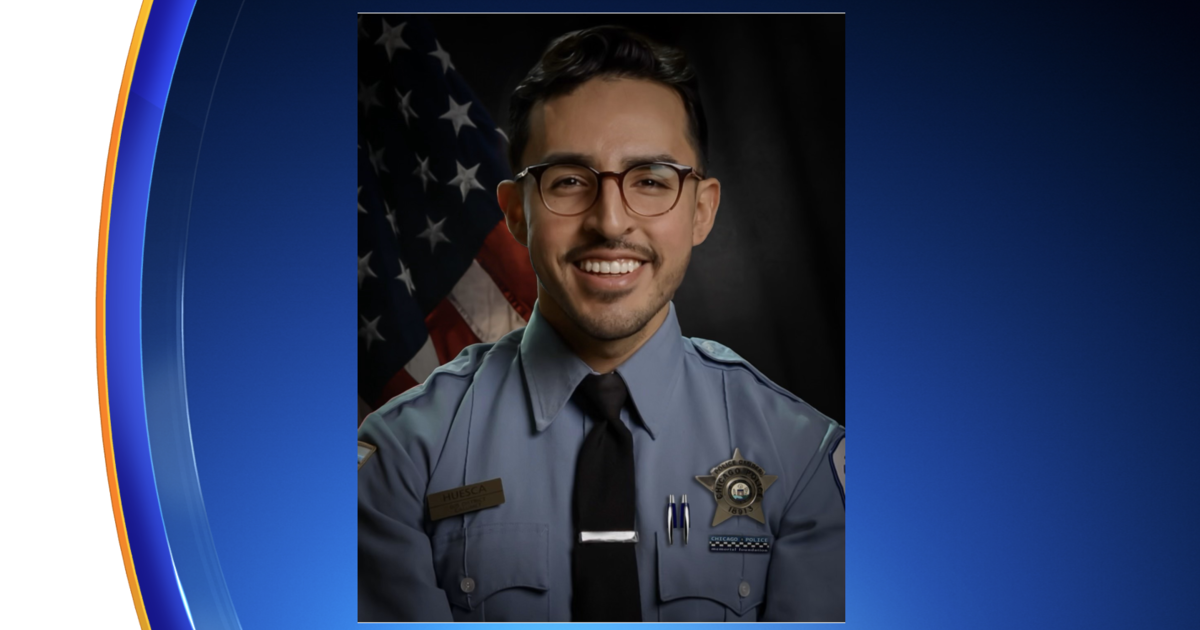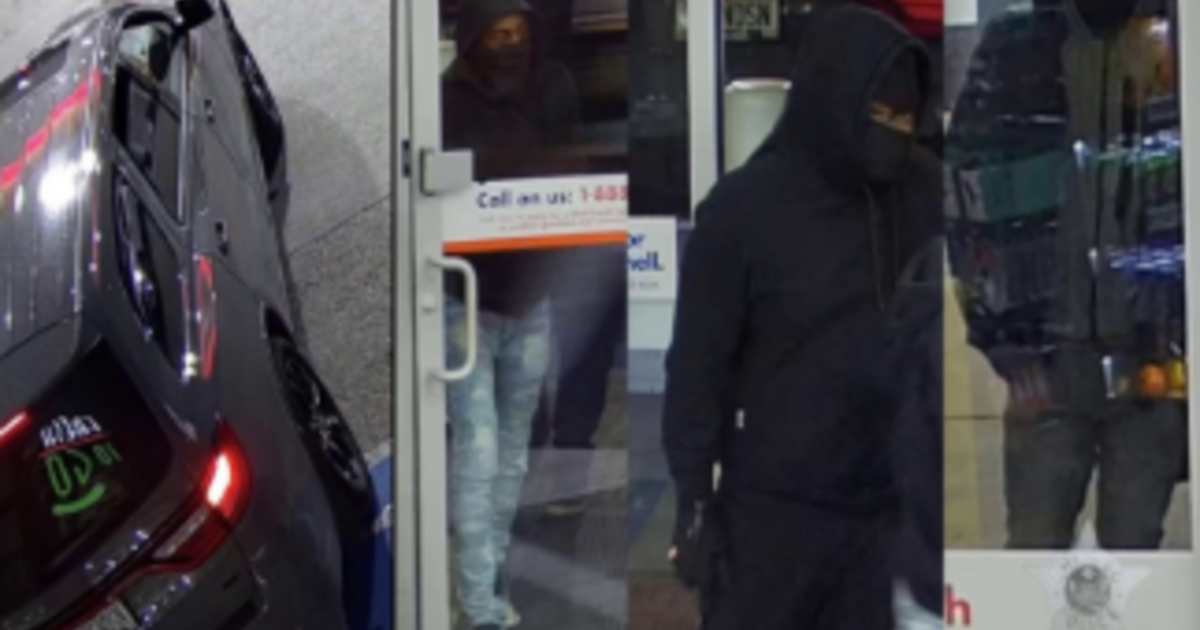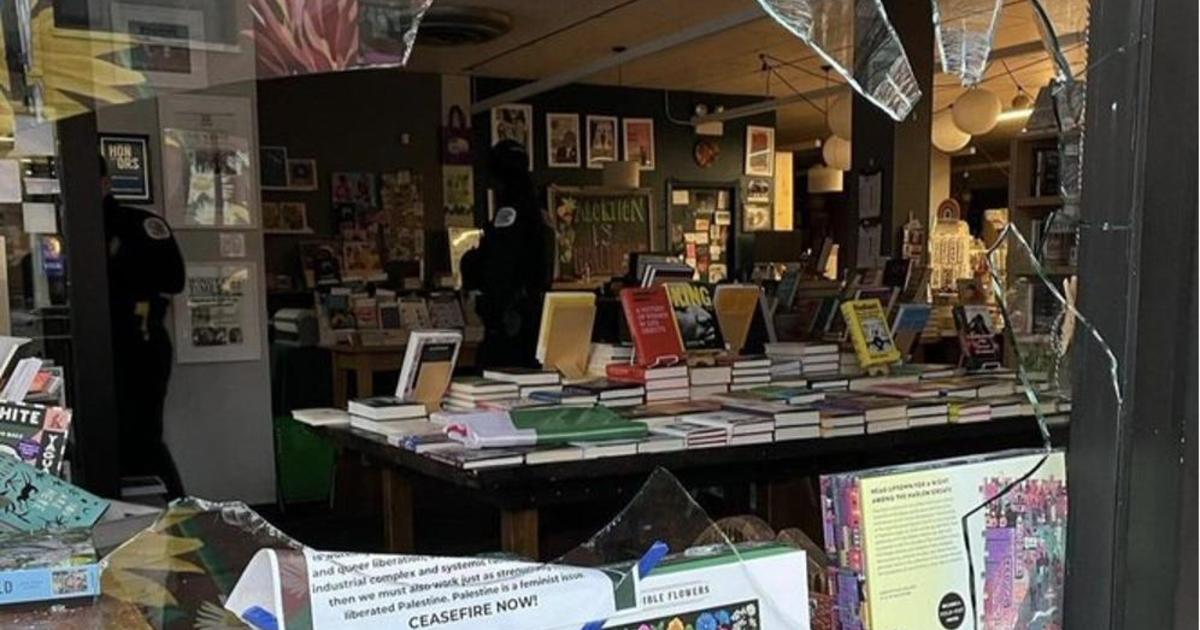Chicago Police Trying To Build Trust With Community Amid Rising Tension
CHICAGO (CBS) -- Do they "serve and protect" or "harass and abuse?" Across the country, tension between urban police and inner city communities is increasing.
But here in Chicago, authorities say there's a disconnect between the tension they feel and statistics they keep.
CBS 2 Chief Correspondent Jay Levine has the straight scoop from police brass, and street cops alike on how they're trying to change their image. how're they doing.
Levine reports not since the 1968 Democratic convention when protesters clashed with Chicago police and started calling them pigs, have tensions been greater, both nationwide and here in Chicago.
Superintendent Garry McCarthy says hostility toward police is increasing, "because the perception of police in this country."
"People look at Ferguson, Missouri and they think that we are the Ferguson Police Department," McCarthy said.
"We can't let what things happen in other states dictate how we still have to handle our job here," said officer Maribel Rosario.
Rosario, her police partner, George Whiting and fellow officer Raul Torres sat down with CBS2 to talk about tension and trust.
"We just gotta go by what we learned in the academy and as long as we're doing the right things we're fine," Rosario said.
"Every interaction is a teachable moment and the fact that sometimes how you do things is more important than what it is you're actually doing," McCarthy said.
McCarthy says proof that more and more are doing it right comes from the number of complaints against officers, still significant, but down from 3854 in 2012: to 3355 in 2013: to 3082 last year.
Still, as McCarthy began his so-called citywide listening tour, one Roseland resident said his officers had a lot to learn about those interactions with her neighbors.
"It's almost like they're guilty of something until they're proven innocent," said Wilma Wills.
McCarthy is about to triple the number of body cameras.
The officers Levine talked to say they have only ever fired their gun in the academy. When asked if they think about the growing tension around the country when they draw their weapons, they said no.
"You don't have time to think about that," Rosari said.
Training has led to police using firearms less and less: 106 times in 2011, 84 in 2012, 62 in 2013, before increasing slightly to 65 times last year.
But that still can't erase decades of mistrust.
"You know you look at the issue of Burge," McCarthy said. "I think I was a lieutenant or a sergeant at NYPD when he was fired and here I am 20 years later dealing with Burge almost on a daily basis. You have to say look, something bad happened. We have to figure out how to prevent it how to prevent it from happening moving forward."
Which is what they're doing with the young, well-trained, homegrown and culturally sensitive officers like the ones we spoke with. Only when the way they do their jobs, overwhelms the legacy of Burge and his torture-based investigations, can tension and hostility really become a thing of the past.



